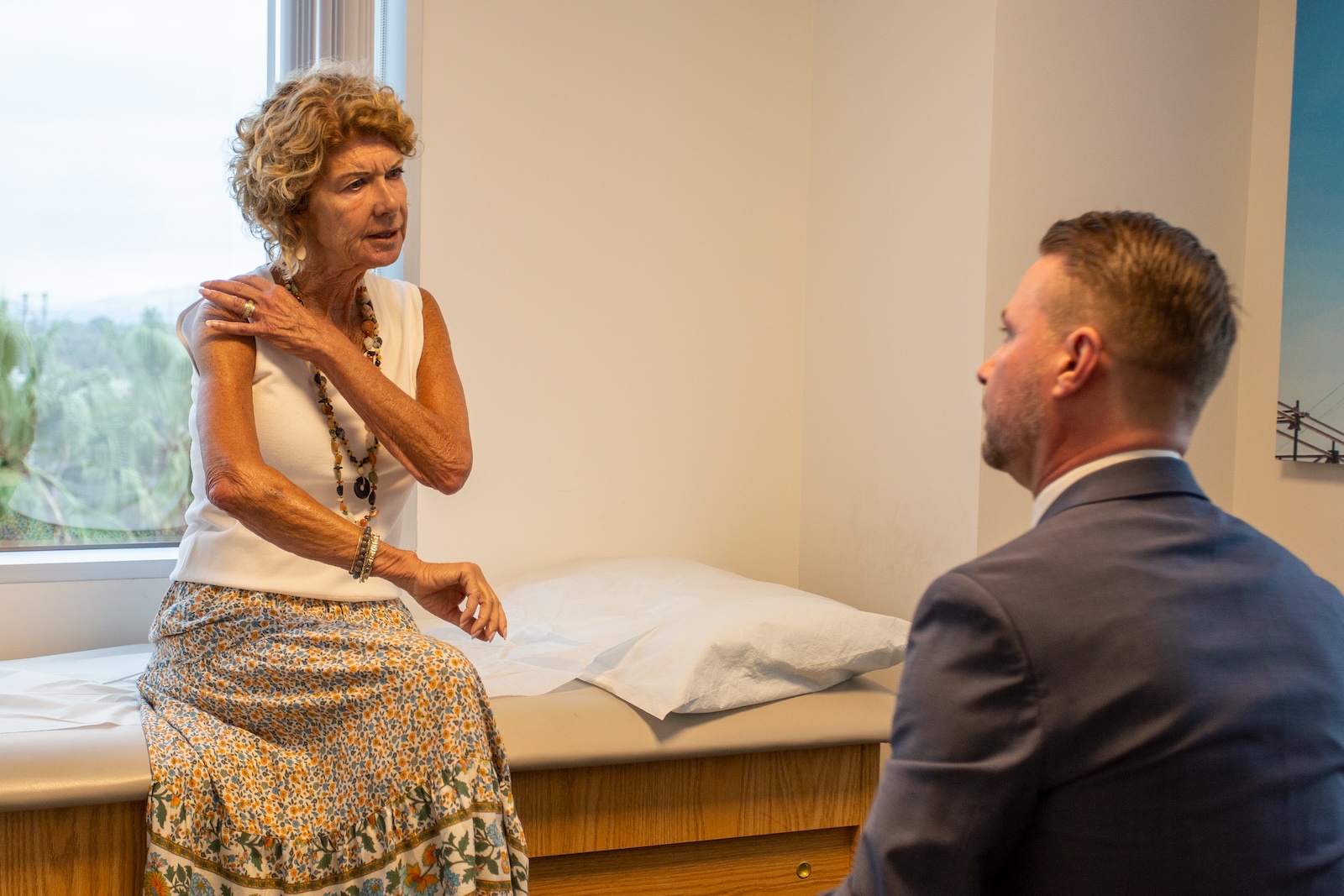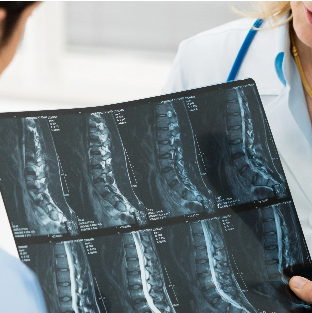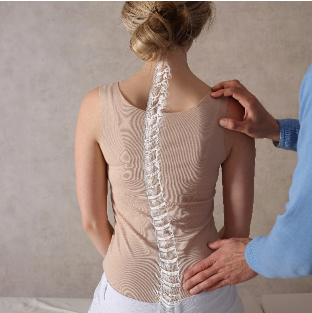Preparing for spine surgery is more than just the day of the procedure—it’s about planning ahead for a smooth, successful recovery. From preparing your home and body to understanding pain management and physical therapy, taking the right steps can reduce complications and help you heal faster. As a board-certified orthopaedic spine surgeon, Dr. Jeremy Smith provides patients with the guidance they need to feel confident before and after surgery.
Why Preparation is Essential for Recovery
Recovery from spine surgery starts well before the first incision. Preparing in advance allows you to feel more in control, both physically and emotionally. It also helps reduce the likelihood of complications that could slow your healing.
Patients who take the time to prepare often notice they regain mobility more quickly and experience fewer setbacks. Just as importantly, planning ahead provides peace of mind. Knowing that you have taken steps to support your recovery makes the journey less overwhelming and more predictable.
Preparing Your Home Before Surgery
Once you return from the hospital, your home becomes the center of your healing process. Creating a safe, supportive environment ahead of time can make everyday tasks much easier and reduce the risk of accidents.
One of the most important steps is eliminating hazards. Loose rugs, electrical cords, and clutter can all increase the chance of falls, so removing them before surgery is essential.
Many patients also find it helpful to set up a “recovery station.” This might be a bed or recliner where essentials—like medications, a water bottle, a phone charger, and reading material—are within easy reach.
Stocking your kitchen and bathroom before surgery is another way to reduce unnecessary outings. Simple meals, snacks, and personal care items should be on hand so you can focus on healing.
Some patients also benefit from equipment such as a walker, shower chair, or grab bars in the bathroom. These small adjustments can make a big difference in your independence and comfort during recovery.
Physical Preparation Before Surgery
Optimizing your body before surgery can shorten your healing time and improve surgical outcomes. Be sure to:
- Follow all pre-surgical instructions provided by your surgeon.
- Practice gentle exercises if recommended, focusing on flexibility and strength.
- Discuss any necessary medication adjustments with your healthcare team.
- Maintain healthy habits: avoid smoking, eat nutrient-rich foods, and stay active as tolerated.
What to Bring for Your Hospital Stay
Packing thoughtfully can make your hospital stay more comfortable. Items to consider include:
- Loose-fitting clothing and supportive, slip-resistant shoes.
- A complete list of your medications and dosages.
- Personal items such as toiletries, a favorite book, journal, or headphones.
- Contact information for family or friends who will assist with your post-surgery care.
Pain Management After Surgery
Pain management is one of the most common concerns patients have before surgery. While discomfort is expected, modern techniques and medications can help keep it under control.
Your surgeon and care team will create a personalized plan to manage pain safely. This may involve prescribed medications, as well as non-medication approaches such as ice, heat, or specific positioning. It’s important to follow these instructions closely and communicate openly if your pain feels unmanageable.
If you experience side effects from medication or notice that your pain isn’t improving as expected, contacting your care team promptly is key. Addressing issues early can prevent unnecessary complications and make recovery smoother.
The Role of Physical Therapy
Movement is essential to recovery after spine surgery. While it may feel intimidating at first, guided physical therapy helps restore strength, flexibility, and confidence in your body’s abilities.
Early mobility often begins with short walks or gentle stretches, under your surgeon’s guidance. Over time, therapy progresses to more structured exercises designed to rebuild stability and prevent future spinal problems.
Patients who engage fully in physical therapy often notice significant improvements in their long-term function and overall quality of life. It’s not just about healing—it’s about reclaiming independence and protecting your spine for the future.
Nutrition and Healthy Habits for Healing
The food you eat and the habits you maintain after surgery play an important role in recovery. Focus on:
- High-protein meals, fruits, and vegetables to support tissue repair.
- Staying hydrated throughout the day.
- Avoiding smoking and alcohol, which slow down bone and tissue healing.
- Prioritizing quality sleep and stress management to help your body recover fully.
Emotional and Mental Preparation
While the physical aspects of recovery are often the focus, emotional preparation is just as important. It’s normal to feel anxious before surgery or to struggle with stress during the healing process. Recognizing these feelings and addressing them can make recovery far more manageable.
Mindfulness practices, counseling, or participation in support groups can provide valuable coping strategies. Many patients also find strength in leaning on friends and family for encouragement and practical help. By tending to both your emotional and physical health, you can approach recovery with resilience and confidence.
When to Call Your Surgeon
Knowing the warning signs of complications ensures that any issues are addressed quickly. Contact your surgeon if you experience:
- Severe or worsening pain not managed by medication.
- Signs of infection such as fever, redness, or drainage at the incision site.
- Sudden numbness, weakness, or difficulty controlling movement.
It’s also essential to attend all scheduled follow-up visits so your surgeon can track your progress and make adjustments to your recovery plan if needed.
Schedule a Consultation
Preparing for surgery can feel overwhelming, but having a clear plan makes recovery smoother. Dr. Jeremy Smith works closely with patients to guide them before, during, and after surgery. Schedule a consultation in Orange or Irvine to learn how to prepare for your procedure and recovery with confidence.
















